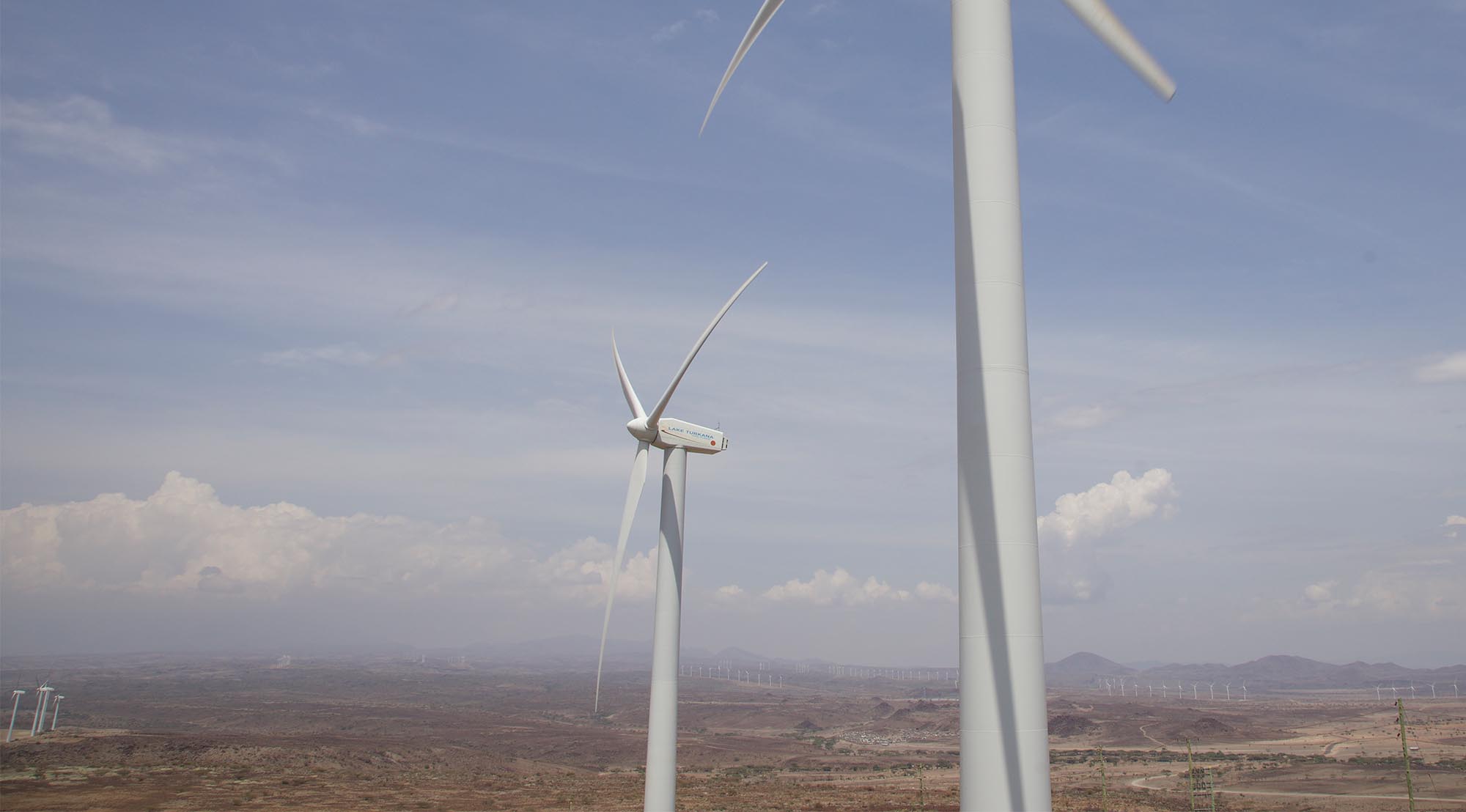Over the last two centuries, the fossil fuels-based global energy system has tremendously benefited many countries and many people, especially in the industrialized world, including Switzerland. On the downside, however, the burning of fossil fuels has released CO2 and other greenhouse gases to an extent where these are driving a dramatic rise in average global temperatures. If these reach 2°C above the pre-industrial level, scientists warn, the resulting changes in global climatic conditions will existentially threaten humanity and life as we know it.
In 2015, the United Nations’ Climate Change Conference held in Paris concluded with over 190s states, including Switzerland, plus the European Union signing the Paris Agreement. It intends to contain average global temperature rises below the 2°C benchmark. Since then, the biggest surprise has been that solar and wind-produced electricity prices have dropped much more dramatically, and clean energy technologies have evolved much faster than had been thought possible in 2015. This has boosted confidence in the technical and financial feasibility of containing temperature rises below the benchmark. However, the socio-economic plausibility of the transformation depends mainly on the willingness of countries, consuming a lot of fossil fuel-based energy to act fast and within the next decade. For many, including Switzerland, this is proving difficult, as they struggle to get national constituencies on board to support more ambitious emission reduction measures.
In any case, fragile states are not only impacted by climate change but also by the climate policies fossil-fuel importing countries are poised to adopt and the speed at which they will scale investments in clean energy technologies.
Among these additional challenges are, first, that many fragile states are fossil fuel exporters and heavily reliant on revenues generated by the sector. Losing this income could threaten the elite alliances and patronage relationships that have delivered at least some level of political and economic stability in some countries. Thus, it could raise the risk of state collapse and give rise to more diffuse and localized forms of authorities using force and violence to control people and their access to natural resources.
Second, there are additional opportunities for those fragile states endowed with the mineral resources needed for the widespread adoption and scaling of clean energy technologies. But for international publicly listed companies that are under pressure to comply with international principles, guidelines, and standards on responsible business conduct (RBC) and environmental, social, and governance (ESG) performance, it poses a challenge that many of these resources are found in fragile contexts. This introduces a potential bias where fragile states attract investments from more opportunistic and privately funded companies, including companies domiciled in Switzerland, that do not feel obliged to care about their operations’ negative environmental and social impacts and legacies.
Third, where fragile states hold potential for investments in large-scale solar or wind power projects or biomass harvesting, similar RBC and ESG risks as those related to fossil fuels and mining projects and the same investor bias arise. For example, these risks include conflicts over rights to land and land use and scarce water resources, the conduct of contracted-in security forces, disrespect for the rights of labor, children, and human rights more generally.
In conclusion, alongside the impacts of climate change, the energy transformation poses additional risks that are likely to aggravate fragile states’ economic, political, and social vulnerabilities. For peacebuilders, humanitarian relief agencies, and development organizations, it is important to take a joined-up look at these risks in relation to specific fragile contexts. swisspeace will be publishing a Policy Brief that discusses the implications of the energy transformation for fragile states in more detail.


